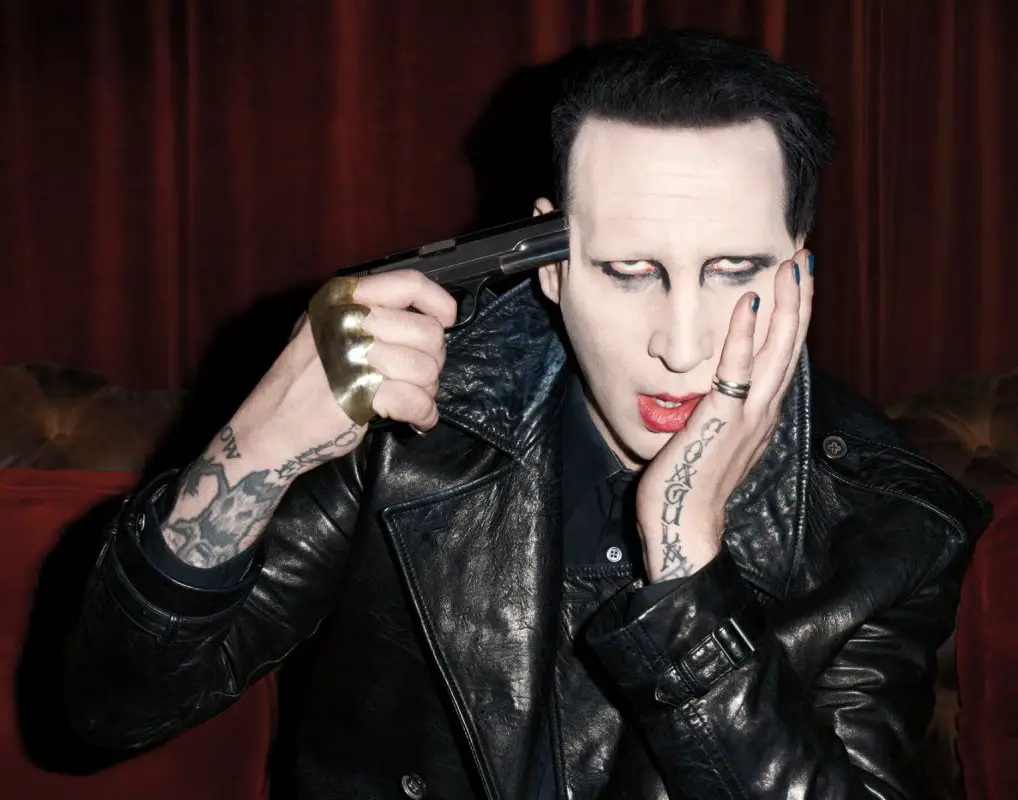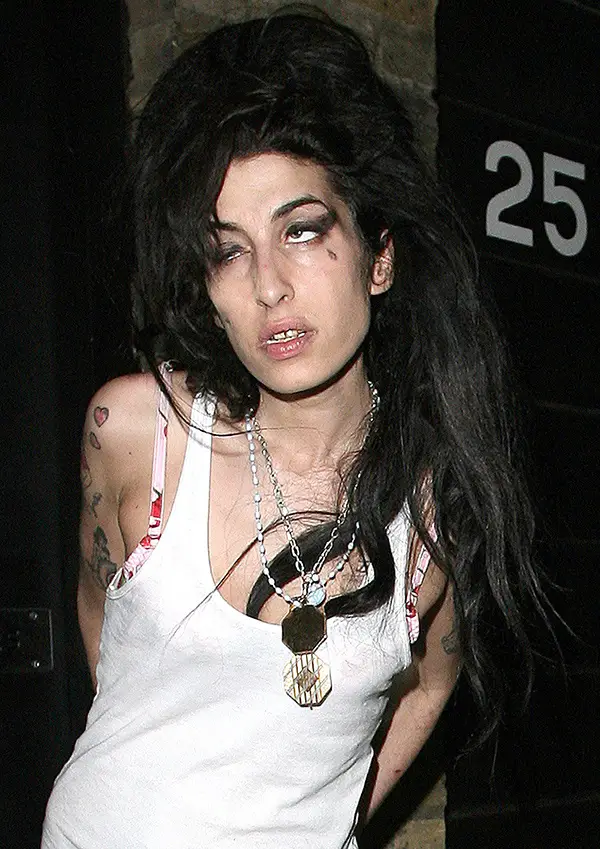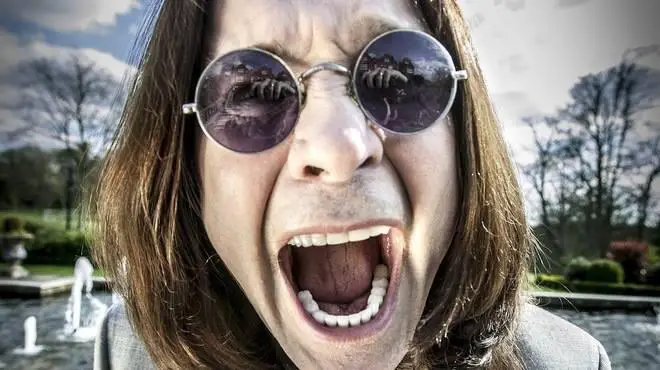Are All Musicians Insane? Mental Health, The Musical Industrial Complex and The Way Out
To be a musical artist in the status-quo is to gravitate towards one’s own demise. And yet, to be a celebrated musician is in high demand and the stuff of dreams. This conundrum has many, including the artists themselves, wondering: If all musicians are irrevocably insane, what nurtures that insanity? In order to better understand whether it is in a musician’s nature to fly too close to the sun, or if this fate is brought on by a fulcrum pushing them to fly in the first place, we must first make sense of the musician’s insane paradox.
On the one hand, the burgeoning star is reborn and rebuilt through music, and thereby given spiritually awakening tools by which to liberate themselves from a world or body that is driving them insane. On another, the material conditions of the music industry stoke those very fires of insanity through a raging path of infinite double-edged swords, intimately spangled with interconnected forms of internal and external erasure. If the artist is already broken, then it is surely the system through which they produce art that ensures all remaining opportunities for reconstruction are obliterated.
These forms of internal and external erasure are staggering. Connected to the world outside of music, they deserve rigorous and compassionate commitment to the material, psychological and spiritual conditions. Although these conditions may be examined one at a time in segregated contexts, such as in the relationship between performance anxiety and gig exhaustion or regarding racist sexism in music, considerable work remains to be done in connecting the dots between the parts to reveal the complex whole which has left a network of artists behind, exhausted, traumatized, disconnected, detached, and dead.

The focuses of a far-reaching, materially intersectional and spiritually competent analysis include, but are not limited to: the industry-standard gymnastics of the gig, including performing to irregular highs and lows; the isolation and disconnectedness of touring; the internal and external pressures to compete with peers – past, present and future, dead or alive; the silent killer known as depression; the gripping culture of drug addiction, including alcoholism; the war on drugs which disproportionately targets and people of color, especially black folks; the cruel lack of attention and care given for physical and mental disabilities; the proliferation of hushed sexual abuse and misconduct performed by the many nameless coalitions of glorified, unaccountable villains; the embarrassing lack of gender representation stemming from a male-dominated world, including the hostility towards the queer, trans and gender-non-conforming; the doubling of consciousness experienced by those who hold down jobs which demand a sacrifice of self; the gut-wrenching stress of economic vulnerability and exploitation felt by those living with less, including those who came from little or nothing in the first place and those who live with less by choice; and the clash of civilizations wrought by racial, ethnic and cultural differences which prefigure “success.”
So why do we do this? We must be insane. After all, music is supposed to save the music-maker – and yet where the world is beautiful, it is also cruel. Our talents are co-opted and commodified by “the real world;” our bodies, minds and spirits are plunged into a multi-faceted, excessively tortured, existential freefall filled with a host of dangerous situations and systemic abuses in an already destabilized world – all in the name of carving out a space for ourselves.
For musicians, “normalcy” and “success” are mutually exclusive. This creates a magnet-like friction which hurls us towards the path less-followed. This path, grinningly upfront about some of its hardships yet woefully deceptive in other regards, ultimately entices the musician with ease by offering the fruits of spiritual fulfillment, Earthly delights, and an income worth writing home about. We follow this path to find a way out from the status-quo. What is needed then is a way out from “the way out,” which demands a concurrent change in the status-quo. As both musical artists and music consumers, we must empower ourselves and each other to rise above the business-as-usual culture of the music-industrial-complex which consumes artists as quickly as it consumes their art and capitalizes on a distracted world – a world that makes us want to escape into something like the music world in the first place.

But what does this revolution look like? For starters, the art of expression itself must be reconsidered given these tangible and intangible obstacles. Whereas artists dedicate songs, albums and vast discographies to desperately reclaim their humanity and to bear witness to the weight they (and those they do it for) carry, a double-bind continues to emerge: either the masses don’t decode the message until it’s too late or they understand all too well but still cannot save their heroes, likely because they struggle to save themselves. Death by suicide, in one way or another, has become hyper-visible and omnipresent in music. It works much like gravity, marking a probable destination for those who dare to put themselves out there – even propelling their families, fans, colleagues and the industry itself to a similar, twisting place.
What then, is the point of taking a step forward by expressing yourself in music if your existence in-between the performances demands that you take two steps back? When we cannot afford healthcare, deal with continual interpersonal abuse from others in the workplace, and when we are caught up in a lifestyle that ensures our imminent death or detention, we must be ready to admit that music is simply not enough to save us. The stage cannot be the only site for resistance, refuge and recovery – and yet music is powerful in a greater context if the work is done outside the artistic realm to give it new meaning.
This is not to say that music doesn’t have a place in its own revolution. We need a permutation – both a shift in the music world and its sister, outside world – combined efforts that seek to empower artists in the music industry by flipping that very industry on its head as well as combat the oppressive social structures on the outside which push us to escape our realities.
Perhaps all musicians are insane, but that ought not be the extent of our focus. The musical world is a twisted reflection of an already twisted outside world, and it has been pushing musical artists to their physical, emotional and mental limits for a long time now. Musicians wanted a way out from the status-quo, and the status-quo gave them a Pandora’s box. Now they need a way out from “the way out.” Well, if we wish to stop all this insanity, we’re going to have to change our approaches to both the “real world” and the world of music– and although it won’t be easy, it cannot be any harder than stomaching all of this death. For if the death of music occurs, what’s to say it won’t occur alongside the death of us all?
Written by staff writer Matt Casas




